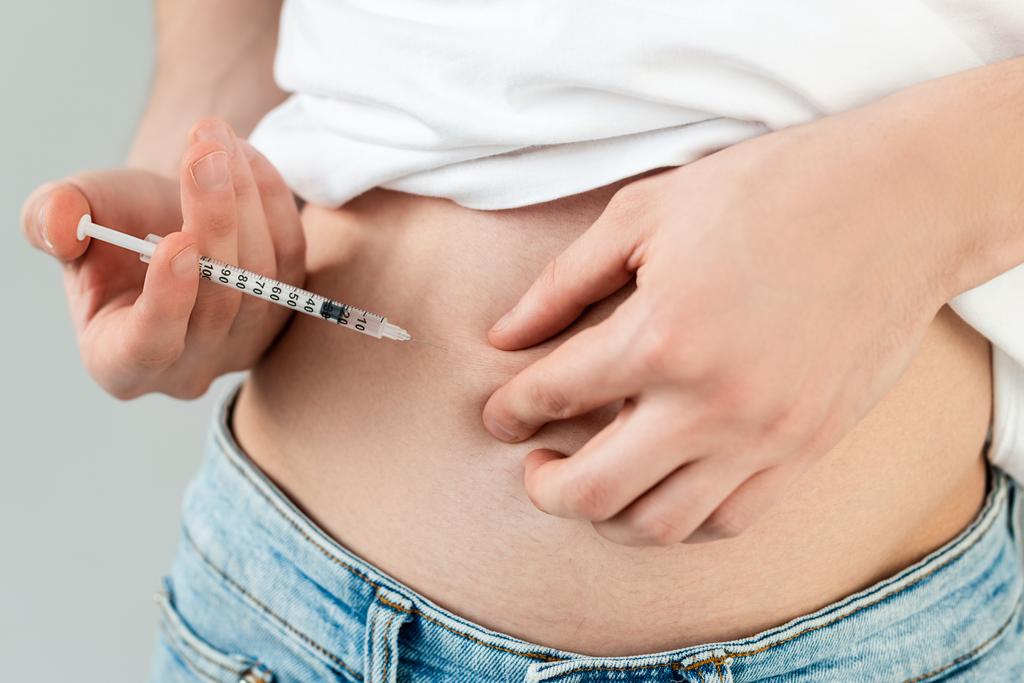
Ovulation induction is the process of using medications to stimulate ovulation in women who have irregular or absent ovulation (anovulation). Normal ovulation occurs when the ovary releases a mature egg in preparation for the egg to be fertilized. Normal ovulation occurs roughly once every 14th day of a 28 day menstrual cycle.Intervals of 21 to 35 days menstrual cycle are considered acceptable and reflective of normal ovulation. If fertilization does not occur, the mature egg is disintegrated and resorbed and the uterine lining(endometrium) is later shed off to get a natural period.
Ovulatory problems impact fertility by taking away the predictability of ovulation and the availability of an egg to be fertilized.The goal of ovulation induction is to increase a woman’s chances of conceiving a child, either through sexual intercourse or by using intrauterine insemination (IUI) or any other assisted fertility treatment. However, when the absence of ovulation is a symptom of any other associated medical condition, treating the underlying problem can also restore normal ovulation and fertility.
Medications used for ovulation induction : :
Ovulation induction uses a variety of hormone based medications to regulate a woman’s reproductive hormones and increase the chances of ovulation. Some of the commonly used medications are :
- Clomiphene Citrate: Stimulates ovulation in women who have normal pituitary (a gland in the brain) hormones but who are not ovulating consistently.
- Aromatase inhibitors: With similar indications as for clomiphene citrate.This type of medication is very effective in patients with Poly Cystic Ovarian Disorder(PCOD).
- Insulin-sensitizing agents: These are used in some PCOD patients who have evidence of diabetes or prediabetes.
- Gonadotropins: Consist of two injectable hormones, follicle stimulating hormone (FSH) and luteinizing hormones (LH) that encourage egg development and are normally produced by the pituitary gland. The gonadotropins generally stimulate multiple eggs to develop and hence, they require more frequent and close monitoring .
- In Assisted Reproduction (IVF/ICSI) Gonadotropins are the drug of choice.
In some cases, treating other conditions, such as obesity, hypothyroidism, diabetes can jump-start ovulation naturally.
Risk and side effects of ovulation induction
Ovulation induction medications can sometimes cause Ovarian Hyper Stimulation Syndrome(OHSS). The side effects of OHSS range from mild to severe which can be successfully treated.
The Ovarian induction treatment can also cause multiple eggs to release, increasing the chance of multiple pregnancies.
Benefits of ovulation induction
Ovulation induction is usually one of the first treatments used for infertility because it is non invasive and relatively low cost with oral medications compared with other fertility treatments, such as IVF and ICSI as that includes cost of tests, Gonadotropin injections, minor procedures and lab work.





